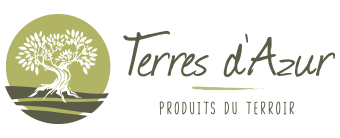Specialty of Provence and the old County of Nice.
The word “ratatouille” is derived from Occitan ‘ratatolha’ which means stirring. Read more
Flavors and men.
Discover the anecdotes and history of Provençal and Niçoise gastronomy.
Provence and the country of Nice have their own specialties, but also have in common a gastronomic tradition built on local products.
Pleasure of the table and joy of life in Provence. But also products recognized worldwide for their flavors and their diversity. Thanks to our exceptional terroir, the products benefit from many labels. They also allow to offer recipes and culinary preparations of an irreproachable quality. Discover the emblematic products of our region, the legendary expressions and the history of this fabulous terroir.
The word “ratatouille” is derived from Occitan ‘ratatolha’ which means stirring. Read more
An anecdote reports that the Roman emperor Antoninus Pius died of indigestion for having eaten too much. Read more
Originally, therefore, the tapenade is a crushed capers added garlic and olive oil. Read more
The word comes from the provençal figo who borrowed it from Latin ficus. The fig is a fruit / flower of the common fig tree emblem of the Mediterranean basin. Read more
and in particular to a very important productivity. Read more
It is historically to fight against fraud that was gradually built, from the beginning of the twentieth century (law of 1905), the concept of Appellations of origin. Read more
It initially concerned specific food products bearing a geographical name and linked to their geographical origin. This sign was extended to wines in 2009. Read more
respect for biodiversity, the preservation of natural resources and the assurance of a high level of animal welfare. Read more
